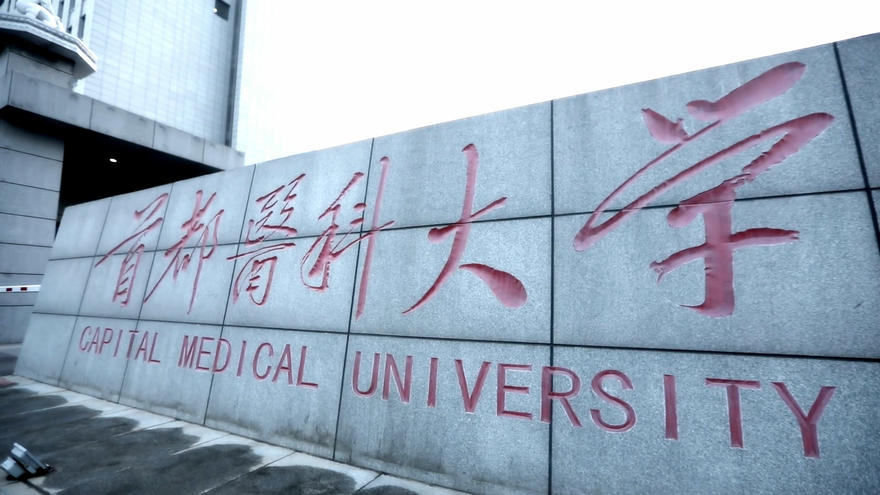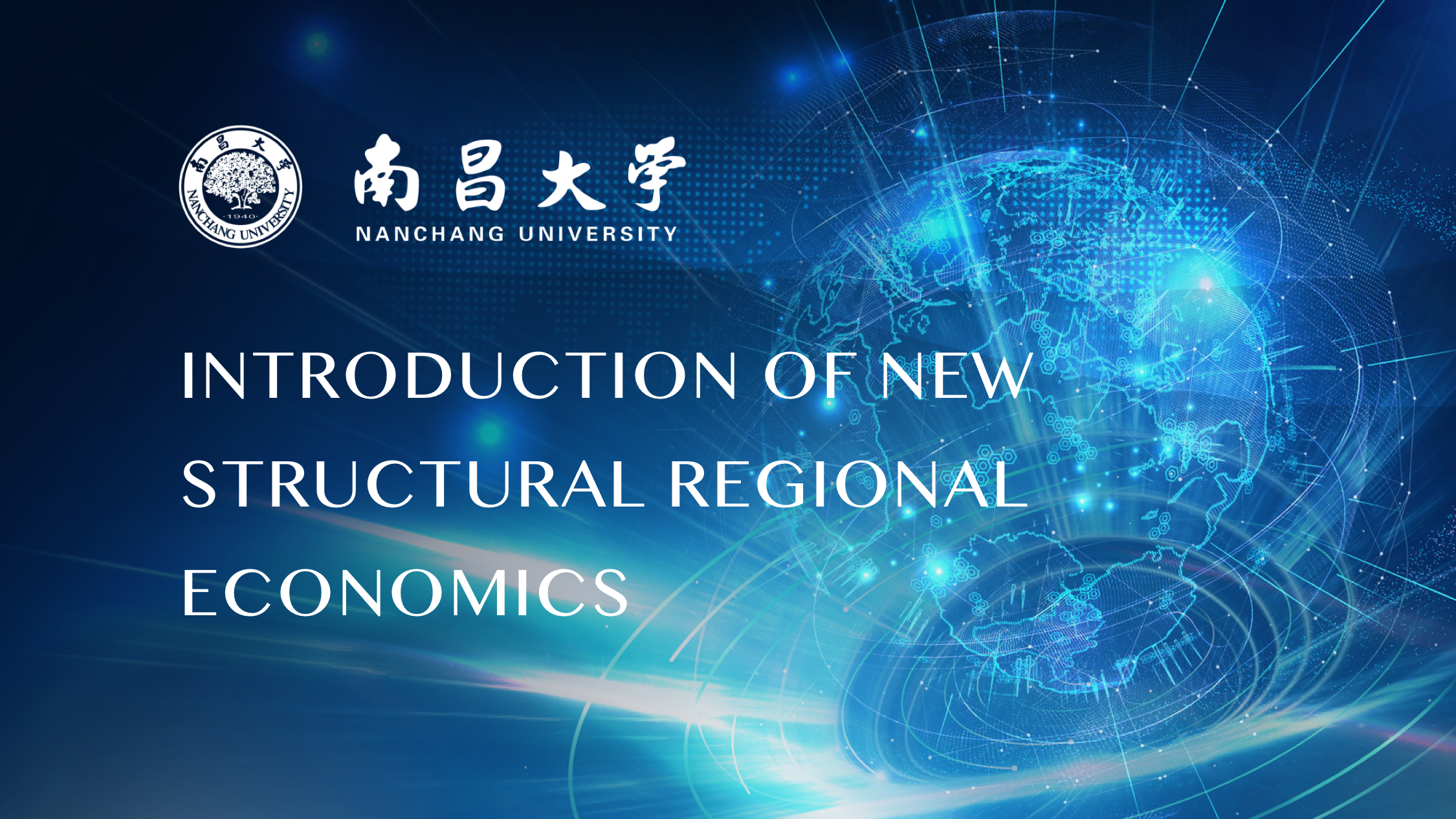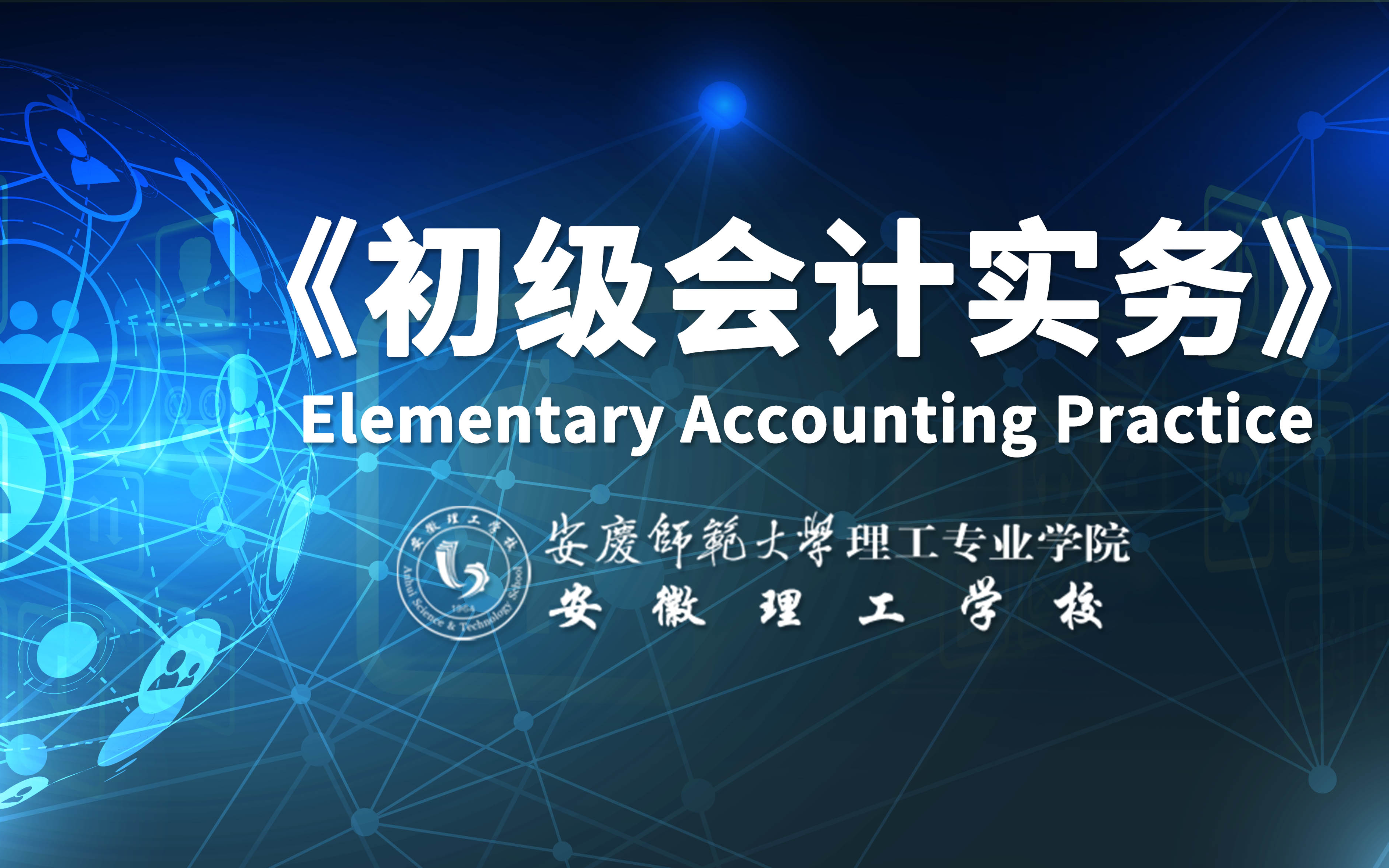
About This Course
Profoundly integrating the New Structural Economics, the regional economic theories and their related practical cases, the Introduction of New Structural Regional Economics is a course jointly presented by the School of Economics and Management of Nanchang University and the Institute of New Structural Economics at Peking University. As a third-generation development economic theory, New Structural Economics possesses a great significance for the economic development of China and other developing countries.
Especially, faced with regional development disparity and inadequacy of China in the new era, this is a theory that is formed based on Chinese theories, designed for resolving Chinese issues with abundant Chinese-style applications and closely following the call of the new era’s development, therefore in a sense it could also provide experiences and references for other developing countries on a similar path of catching-up.
The course is aimed at enabling students to fully comprehend the past, the present and the future of China’s regional economic development issues and their causes; promoting Chinese experience and wisdom in regional governance; strengthening students’ abilities to explain the regional issues using New Structural Regional Economics; and fostering students’ high ideals in academic performance and consolidating students’ sense of mission in creating more original Chinese theories that are rooted in China.
The main features of this course are as follow: 100% delivered in English with bilingual subtitles (Chinese and English), which provides convenience for learners at home and abroad; highlighting the Chinese theory and promoting the political economics with Chinese characteristics; thoroughly tapping Chinese wisdom and experience so that the world can better understand China; combination of the theory and practice, fully demonstrating the vivid cases of China's poverty management and rural revitalization, the Belt and Road Initiative and the opening up to the outside world, and the high-quality development of the Yangtze River Economic Belt, etc.
Requirements
Microeconomics, Macroeconomics, Development economics
Course Staff
Ruzi Li
Ruzi Li, Associate Professor, Master Supervisor in School of Economics & Management, Nanchang University. His research mainly focuses on the broad fields of new structural regional economics and sustainable development goals. At present, he has published more than 20 papers and 2 academic monographs. He presided over national social science foundation and other provincial projects. He guided undergraduates to get the honor of "outstanding undergraduate thesis". He won the first prize of teaching achievement in Jiangxi Province and the third prize of social science achievement in Jiangxi Province.
Justin Yifu Lin
Justin Yifu Lin, Professor and Dean of the Institute of New Structural Economics at Peking University, Dean of Institute of South-South Cooperation and Development at Peking University, Honorary Dean of the National School of Development of Peking University. He was former Chief Economist and Senior Vice President of the World Bank in charge of development economics.Professor Justin Yifu Lin is also an academician of The World Academy of Sciences and a foreign academician of the British Academy He also received honorary doctorate degrees from 10 universities in Hong Kong, Britain, France, the United States and Canada. His major works:Over 20 books including Beating the Odds: Jump-Starting Developing Countries. Going Beyond Aid: Development Cooperation for Structural Transformation,The Quest for Prosperity: How Developing Economies Can Take Off, Demystifying the Chinese Economy, New Structual Economics, Against the Consensus: Reflections on the Great Recession, Benti and Changwu:Dialogues on Methodology in Economics,The China Miracle: Development Strategy and Economic Reform, etc.and he has also published some 100 papers on domestic and international journals.
Frequently Asked Questions
What web browser should I use?
The Open edX platform works best with current versions of Chrome, Edge, Firefox, Internet Explorer, or Safari.
See our list of supported browsers for the most up-to-date information.
Question #2
Your answer would be displayed here.




